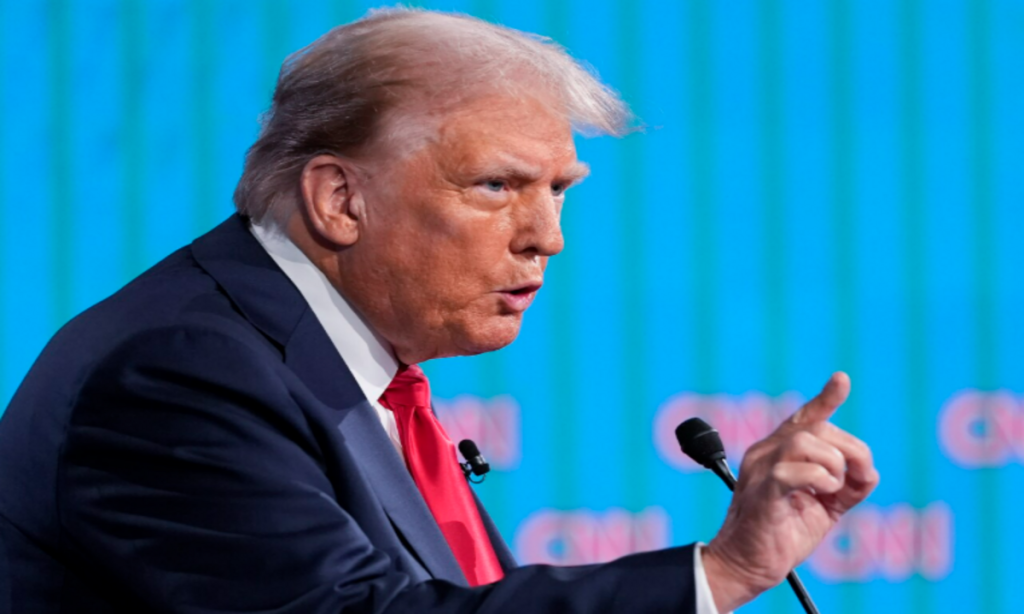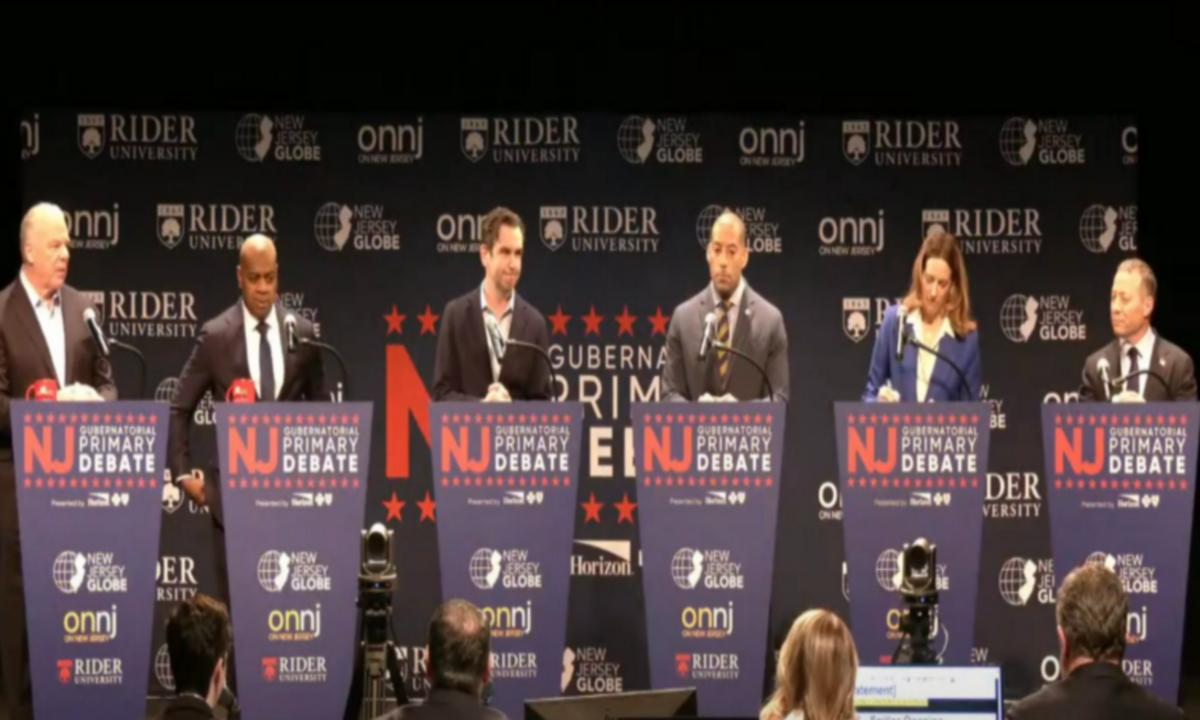On February 4, 2025, four Republican candidates vying to become the next governor of New Jersey took part in a fiery debate at Rider University in Lawrenceville.
The debate saw sharp exchanges between the contenders—State Senator Jon Bramnick, former State Assemblyman Jack Ciattarelli, former State Senator Ed Durr, and radio host Bill Spadea—as they presented their vision for the state ahead of the June 10 primary election.
The discussion was often tense, with candidates interrupting each other and engaging in passionate arguments on key issues. With New Jersey’s current Governor Phil Murphy term-limited, the Republican Party sees an opportunity to reclaim the governorship in a state that has a history of electing both Republican and Democratic leaders.
Support for Donald Trump Becomes a Central Theme
One of the most intense parts of the debate revolved around former President Donald Trump and the candidates’ loyalty to him. Bill Spadea strongly aligned himself with Trump, declaring, “I have been with Trump since he came down the escalator in 2015.” Spadea’s comments were met with pushback from Jon Bramnick, who argued that focusing too much on Trump’s influence could alienate voters in New Jersey.
Bramnick questioned, “Do you think the people of New Jersey want the debate to be about who loves Donald Trump the most, or who loves New Jersey the most?” His remarks highlighted a divide within the party, as some candidates sought to appeal to Trump’s base, while others emphasized the need to win over moderate voters.
Jack Ciattarelli, who previously ran for governor in 2021 and lost narrowly to Murphy, attempted to position himself as a candidate who could unite both conservative and independent voters. He acknowledged Trump’s role in the Republican Party but suggested that the focus should be on local governance rather than national political allegiances.
Key Policy Issues: Immigration, Taxes, and Social Policies
The candidates clashed on several major policy issues, including immigration, taxes, and social policies. All four Republicans strongly opposed New Jersey’s status as a “sanctuary state,” which prevents local police from collaborating with federal immigration authorities.
Ed Durr took a hardline stance, calling for stricter enforcement of immigration laws and even challenging local law enforcement to investigate whether undocumented immigrants were residing at Governor Murphy’s home.
Regarding taxation, the candidates unanimously agreed on the need to lower New Jersey’s high property taxes, which are among the highest in the nation. Ciattarelli outlined his plan to reform the state’s tax system by reducing government spending and eliminating certain business regulations.
Social policies also became a point of contention. On abortion rights, Bramnick expressed support for a constitutional amendment that would further protect abortion access in New Jersey, while Spadea and Durr firmly opposed it. Ciattarelli stated he supported abortion rights but avoided taking a clear position on the amendment.
When discussing LGBTQ+ rights, particularly transgender participation in sports, Spadea and Durr took conservative stances, advocating against allowing transgender athletes to compete in women’s sports. Bramnick, on the other hand, called for the Republican Party to show respect and inclusivity towards all individuals.
Tensions Rise as Candidates Trade Jabs
The debate was marked by personal attacks and heated rhetoric. Ciattarelli took aim at Spadea, pointing out that many prominent Republicans in New Jersey had endorsed him instead of the radio host. Spadea responded with sarcasm, congratulating Ciattarelli on his previous losses in the governor’s race.
Bramnick attempted to steer the conversation toward a broader political strategy, emphasizing that the Republican nominee must appeal to a wider audience to win in a predominantly Democratic state.
Looking Ahead: The Road to the General Election
With the June 10 Republican primary approaching, the race remains highly competitive. The winner will face the Democratic nominee in the general election on November 4, 2025. Given New Jersey’s political landscape—historically leaning Democratic but with a track record of electing Republican governors—the GOP sees this election as a crucial opportunity to regain control of the state’s leadership.
The debate made it clear that the Republican candidates hold differing views on Trump’s influence, social policies, and campaign strategies. Whether the party will rally behind a staunchly pro-Trump candidate like Spadea or a more moderate figure like Bramnick or Ciattarelli remains to be seen. Voters will ultimately decide which direction they want the party to take as they head to the polls in June.
Disclaimer—Our team has checked this article to ensure its accuracy and eliminate any misinformation. We are committed to providing clear and reliable information for our readers.


